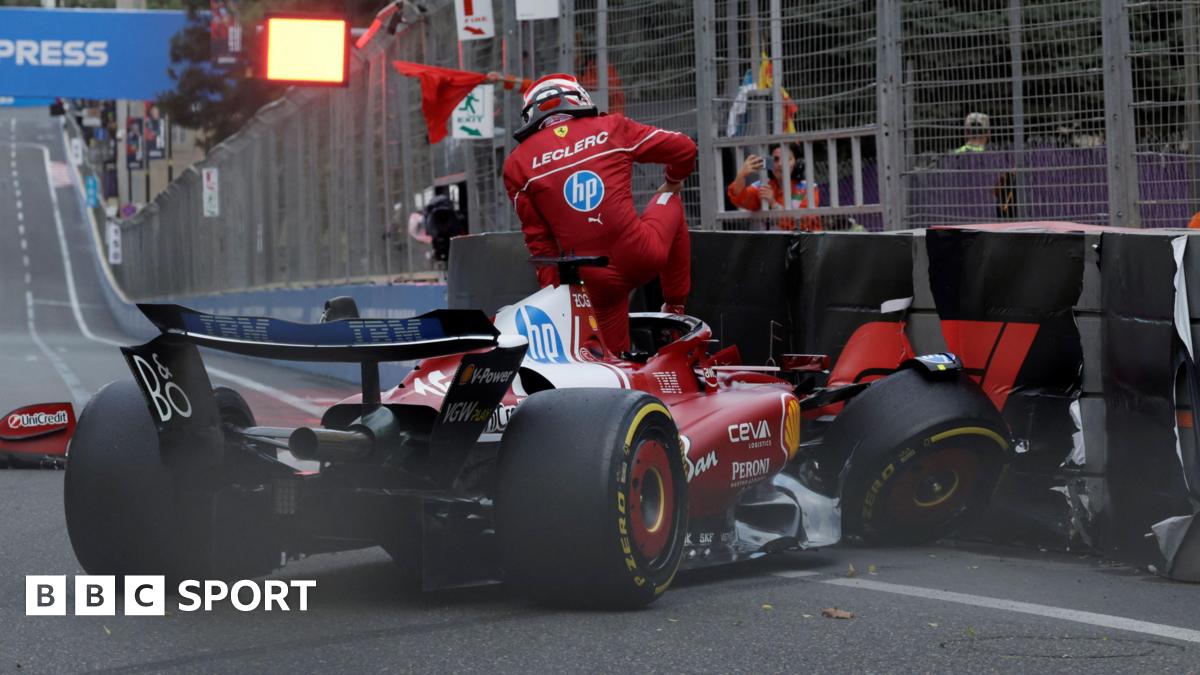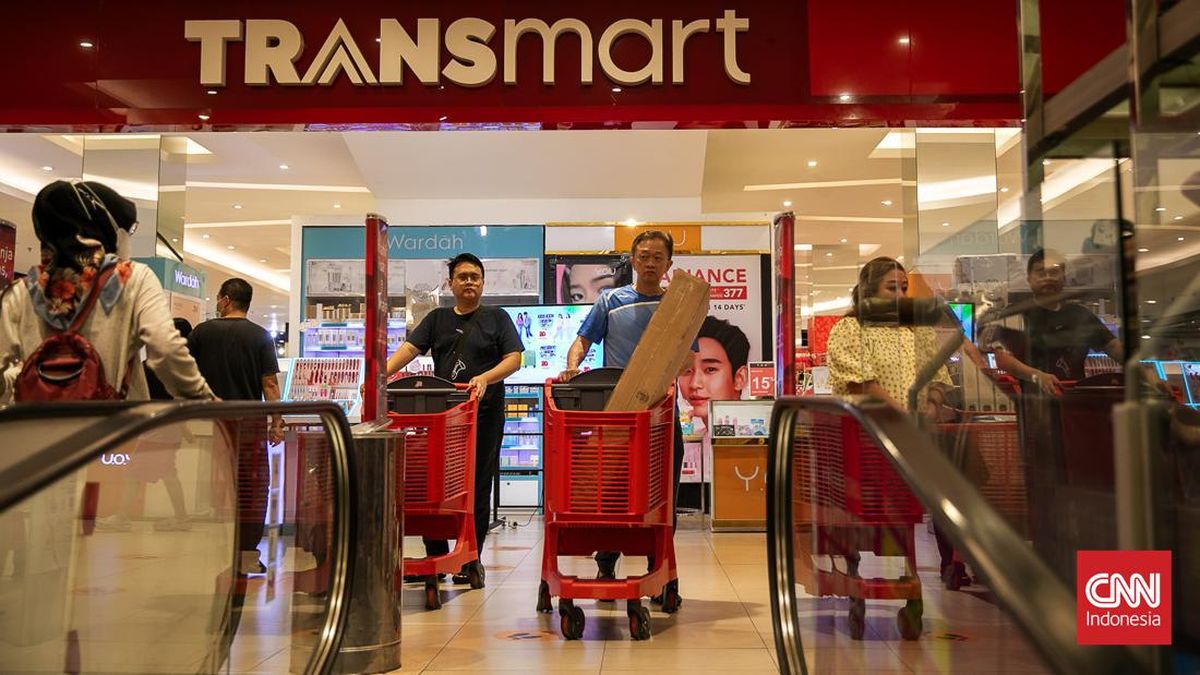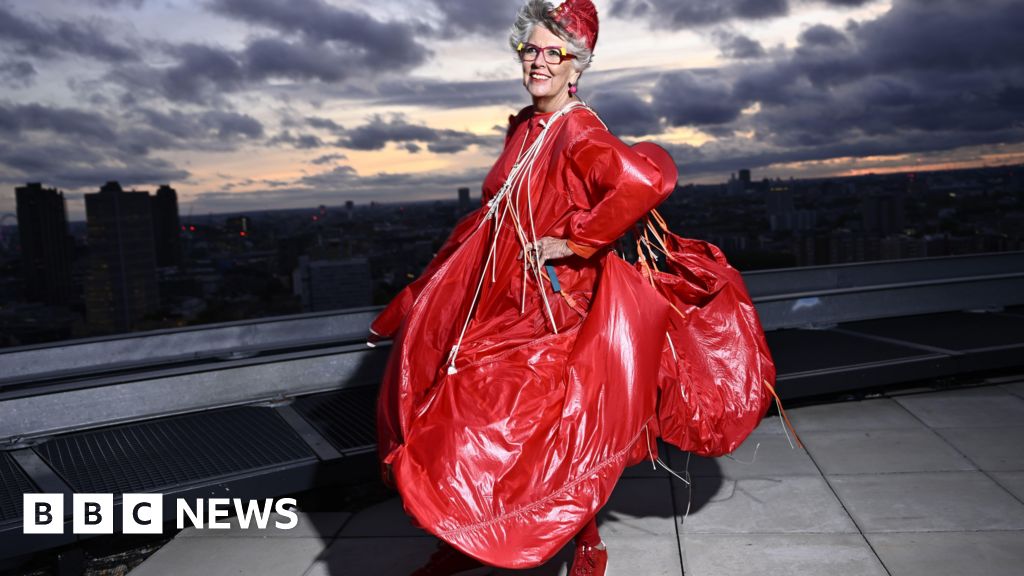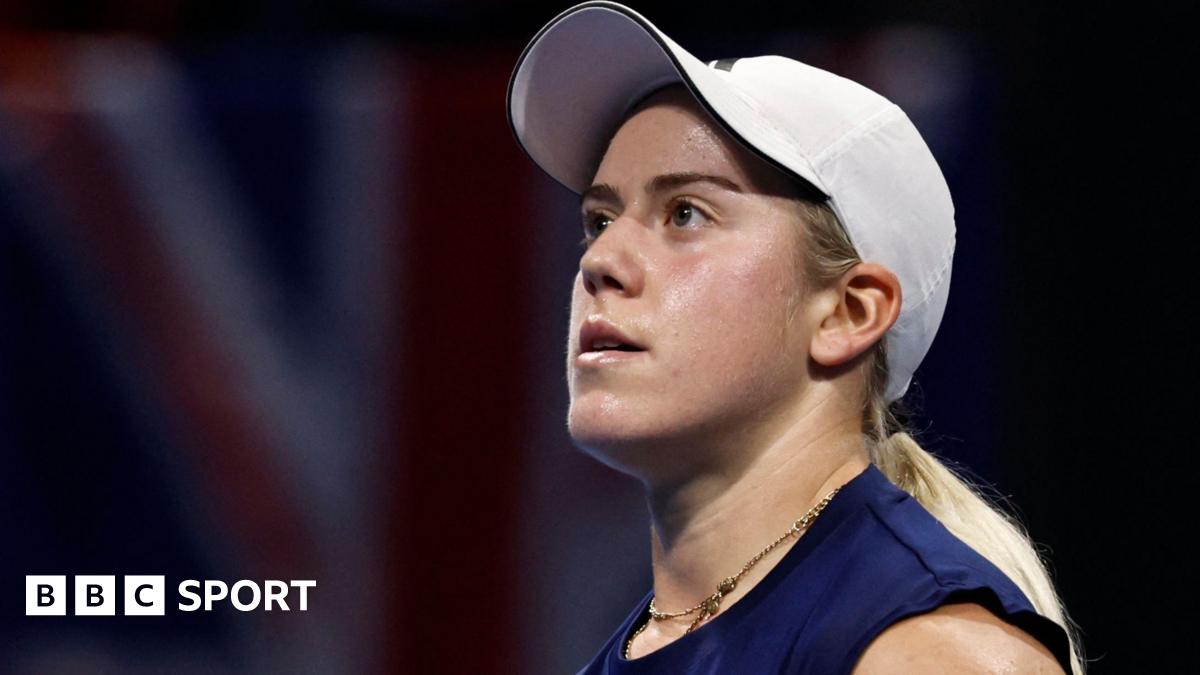You don’t need to pre-rinse dishes, unless one particularly gluey ingredient is on them.
I love my dishwasher. I call it Nev because the brand is Neff. Before Nev, I had Phil (Philips) and before Phil, Milly (Miele). I loved them all because I remember what life was like before they came along.

I see my dishwasher as a loyal and faithful colleague, one who helps shoulder the load and can be relied on – all going well – to turn dirty plates and smeared glasses into their clean and sparkling better selves. It’s part of the family in a way the washing machine and dryer could never be, and I enjoy hearing the hum of the rinse cycle while I’m busy doing more important things, like Wordle. I’ve learnt a few things along the way, however, so here are my dishwasher rules:
- Don’t rinse the dishes beforehand as you have no doubt been taught – just scrape off the food and load. Pre-rinsing is a hard habit to break, but modern dishwashers actually clean the dishes more efficiently when the plates have some gunk on them. I still make an exception for egg yolk, however, which is basically yellow glue.
- Accept that two people will never agree on how to stack the dishwasher. Even my righteously stacked plates are viewed with deep suspicion by my wife and often rearranged. Cue a 2023 New Yorker magazine cartoon by Hartley Lin, in which one woman complains to another, “I should have known he has absolutely no morals; I’ve seen how he loads a dishwasher.”
- Unpack the bottom rack first, because if you start with the cups and glasses on the top rack, water will drip onto the clean items below.
- As to what does and doesn’t go in, it’s personal. I won’t put our French cutlery in the dishwasher because I fear for the acrylic handles. “Good” wine glasses are verboten, which means we rarely use them so they’ll remain “good” forever. I do a separate cycle with the rangehood filters every two months, and chuck in the brush that I save for dirty pots.
My last tip? Don’t feel guilty about outsourcing the dishes to the dishwasher. According to consumer advocacy group Choice, an energy-saving one uses about 13 litres of water to clean a full load, whereas washing by hand could use up to 100 litres of water. Love you, Nev.
The best recipes from Australia's leading chefs straight to your inbox.
Terry Durack has been reviewing restaurants and seeking out new food experiences for three decades. Author of six books and former critic for London’s Independent on Sunday and the Sydney Morning Herald, Terry was twice named Glenfiddich Restaurant Critic of The Year in the UK, and World Food Media’s Best Restaurant Critic. Australian-born and a resident of Sydney, he brings a unique perspective on the global food scene to his travel writing.



















































